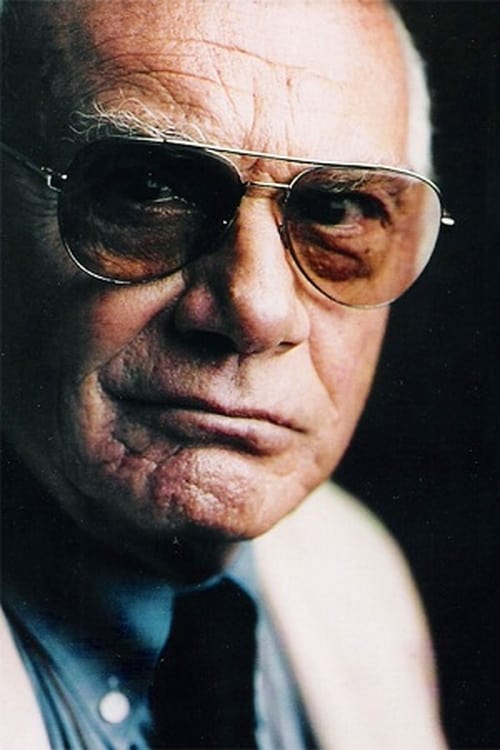
Self

Self
The narrative wanders through Rosi’s films, not in the order they were shot but following the chronology of the historical facts they deal with. The documentary therefore not only narrates Rosi’s work, but also portrays half a century of Italian history.
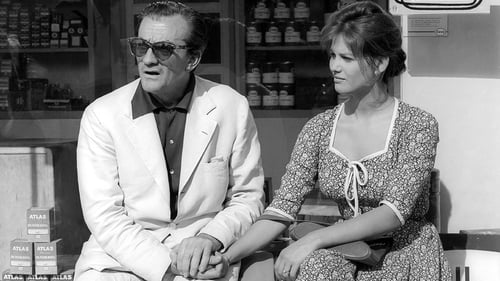
Self - Movie Director (archive footage)
Forty years after his death, this documentary pays tribute to one of the major filmmakers of Italian cinema, to an original work that continues to inspire today's cinema. Coming from one of the greatest families of the Italian aristocracy, he could have been a rich and cultured man, living in opulence and idleness, but Luchino wanted a different destiny. This is the story that director Elisabeth Kapnist and Christian Dumais-Lvowski wanted to tell. Count Visconti di Modrone wears the clothes of a legend that he never stopped shaping throughout his life. This documentary reconstructs the fabric of a brilliant life, dedicated to art; theater, opera, and cinema. This artistic work is also that of a committed man, who was a fellow traveler of the Communist Party, and who resisted fascism.
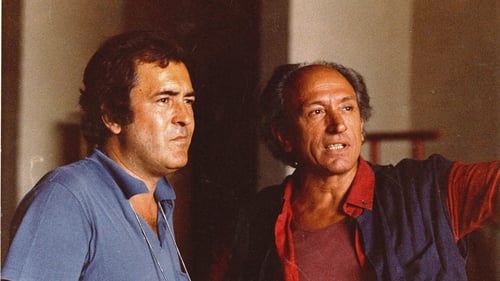
Self
An account of the life and work of the legendary cinematographer and director Carlo Di Palma (1925-2004) and an emotional journey into the greatest moments of cinema, from the Italian neorealism to the masterpieces of Woody Allen, commented by prestigious figures of world cinema.

Self
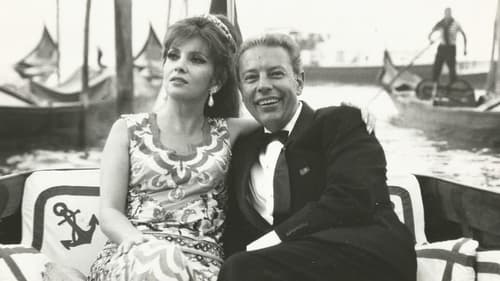
Sé stesso
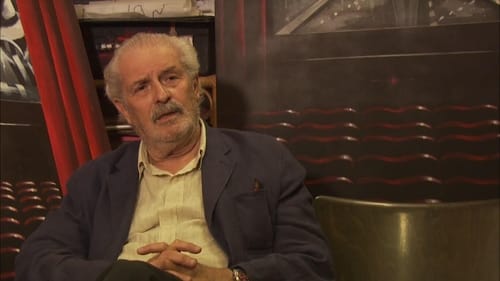
The relations between Parma and cinema were so strong for almost the whole of the twentieth century that this city became an early laboratory of ideas and theories on cinema and a set chosen by some of the greatest Italian authors and beyond. Furthermore, a considerable number of directors, actors, screenwriters and set designers were born in Parma who have made their way internationally, testifying to the fact that in this small city in Northern Italy there was a decidedly cinematic air. Red armchairs takes up the thread of this story, wondering why, unique among the Italian provincial cities, Parma has given so much to the cinema, accompanying the viewer on a journey backwards that from the first projections of the Lumière cinema reaches the ultramodern experience of new multiplexes. During this journey we will meet the characters who created the conditions for this diffusion of cinematographic culture in Parma.
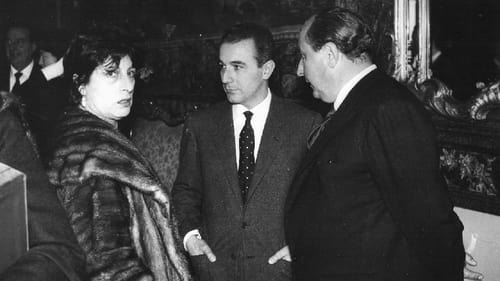
Self
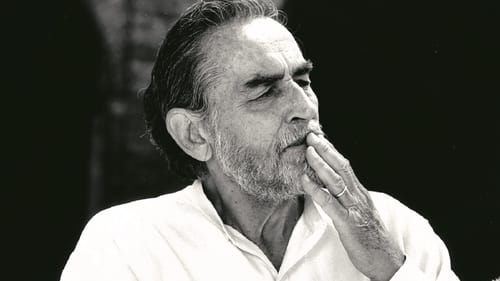
Self

Self
The Midnight Sun Film Festival is held every June in the Finnish village of Sodankylä beyond the arctic circle — where the sun never sets. Founded by Aki and Mika Kaurismäki along with Anssi Mänttäri and Peter von Bagh in 1985, the festival has played host to an international who’s who of directors and each day begins with a two-hour discussion. To mark the festival’s silver anniversary, festival director Peter von Bagh edited together highlights from these dialogues to create an epic four-part choral history of cinema drawn from the anecdotes, insights, and wisdom of his all-star cast: Coppola, Fuller, Forman, Chabrol, Corman, Demy, Kieslowski, Kiarostami, Varda, Oliveira, Erice, Rouch, Gilliam, Jancso — and 64 more. Ranging across innumerable topics (war, censorship, movie stars, formative influences, America, neorealism) these voices, many now passed away, engage in a personal dialogue across the years that’s by turns charming, profound, hilarious and moving.

Interviewee
A documentary about film director Luchino Visconti

Self
Documentary exploring the formidable life and career of Italian film star Sophia Loren. With interviews with the actress herself, as well as thoughts from colleagues and admirers, including Woody Allen.

Self
What is the state of cinema and what being a filmmaker means? What are the measures taken to protect authors' copyright? What is their legal status in different countries? (Sequel to “Filmmakers vs. Tycoons.”)

Self
A documentary looking at the life and films of Francesco Rosi.
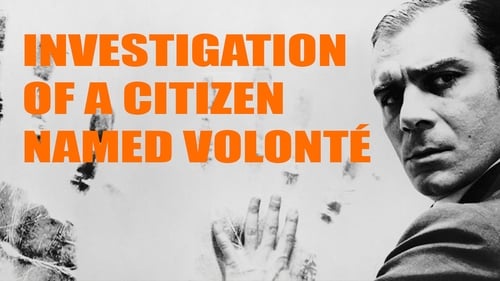
Self - Interviewee
Documentary on actor Gian Maria Volonté

Director

Self
A 52-minute documentary profile of Giuseppe Tornatore featuring interviews with director and extracts from his early home movies as well as interviews with director Francesco Rosi and painter Peppino Ducato, set to music by the legendary Ennio Morricone.

Self
A chronological look at the creative life of Luchino Visconti (1906-1976). It examines his theatricality, role in the neorealist movement, use of melodrama, and relation to decadence. It touches on the impact of a fabulously wealthy childhood, his writing for "Cinema," his politics, his work with Renoir, his appreciation of Thomas Mann, and his deep knowledge of literature and the arts. Visconti moves constantly between film and the theater, staging plays provocatively, working with Maria Callas at La Scala, and shooting films in theaters. Clips from his films and interviews with actors, crew members, and critics provide details for this portrait of creativity.
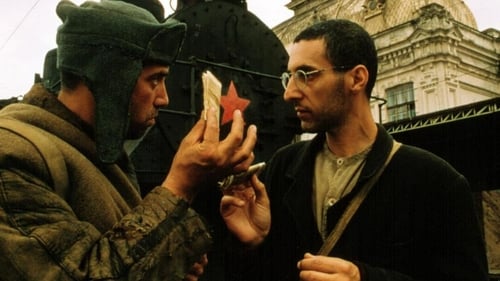
Screenplay
Although liberated from Auschwitz on January 27, 1945, Levi did not reach Turin until October 19 of that year. After spending some time in a Soviet camp for former concentration camp inmates, he embarked on an arduous journey home in the company of Italian former prisoners of war from the Italian Army in Russia. His long railway journey home to Turin took him on a circuitous route from Poland, through Russia, Romania, Hungary, Austria and Germany.

Adaptation
Although liberated from Auschwitz on January 27, 1945, Levi did not reach Turin until October 19 of that year. After spending some time in a Soviet camp for former concentration camp inmates, he embarked on an arduous journey home in the company of Italian former prisoners of war from the Italian Army in Russia. His long railway journey home to Turin took him on a circuitous route from Poland, through Russia, Romania, Hungary, Austria and Germany.

Director
Although liberated from Auschwitz on January 27, 1945, Levi did not reach Turin until October 19 of that year. After spending some time in a Soviet camp for former concentration camp inmates, he embarked on an arduous journey home in the company of Italian former prisoners of war from the Italian Army in Russia. His long railway journey home to Turin took him on a circuitous route from Poland, through Russia, Romania, Hungary, Austria and Germany.
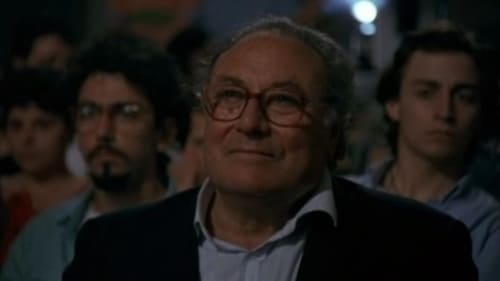
Screenplay

Himself

Director
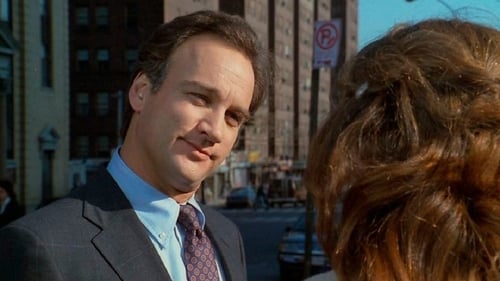
Screenplay
Carmine Bonavia wins election as the mayor of New York on a promise to legalize drugs. After the election, he marries Carrie and goes to his ancestral home of Sicily for their honeymoon. In his hotel, he meets Il Principe, a Sicilian prince who has spent years confined to the hotel because he crossed the Mafia. Amid the beauties of Sicily Carmine discovers that men of power will stop at nothing to prevent the legalization of drugs, which threatens their business.

Director
Carmine Bonavia wins election as the mayor of New York on a promise to legalize drugs. After the election, he marries Carrie and goes to his ancestral home of Sicily for their honeymoon. In his hotel, he meets Il Principe, a Sicilian prince who has spent years confined to the hotel because he crossed the Mafia. Amid the beauties of Sicily Carmine discovers that men of power will stop at nothing to prevent the legalization of drugs, which threatens their business.

Director
Promotional omnibus film, made for the 1990 FIFA World Cup in Italy, featuring portraits of 12 Italian cities.
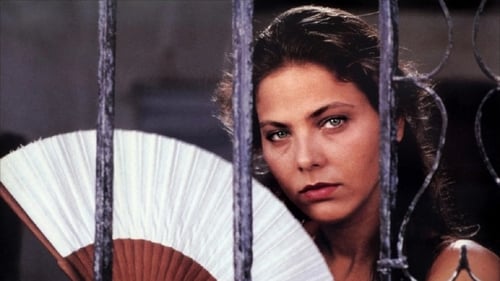
Adaptation
This suspenseful Italian crime drama is set in a Colombian river town and chronicles the series of events that led up to murder. Based on a novel by distinguished author Gabriel Garcia Marquez, the tale begins in the present as a middle-aged doctor returns to the village after a twenty-year absence to investigate the murder that occurred just before he left.

Screenplay
This suspenseful Italian crime drama is set in a Colombian river town and chronicles the series of events that led up to murder. Based on a novel by distinguished author Gabriel Garcia Marquez, the tale begins in the present as a middle-aged doctor returns to the village after a twenty-year absence to investigate the murder that occurred just before he left.

Director
This suspenseful Italian crime drama is set in a Colombian river town and chronicles the series of events that led up to murder. Based on a novel by distinguished author Gabriel Garcia Marquez, the tale begins in the present as a middle-aged doctor returns to the village after a twenty-year absence to investigate the murder that occurred just before he left.
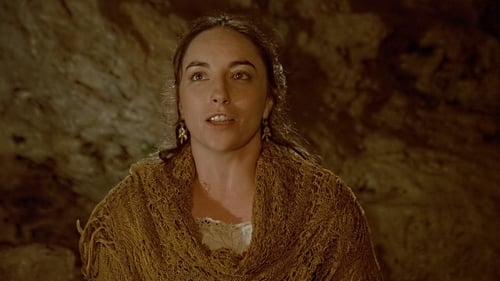
Adaptation
A film version of the famous Bizet opera, where a soldier (Don Jose) falls in love with a beautiful factory worker (Carmen), but she does not reciprocate his feelings.

Screenplay
A film version of the famous Bizet opera, where a soldier (Don Jose) falls in love with a beautiful factory worker (Carmen), but she does not reciprocate his feelings.

Director
A film version of the famous Bizet opera, where a soldier (Don Jose) falls in love with a beautiful factory worker (Carmen), but she does not reciprocate his feelings.
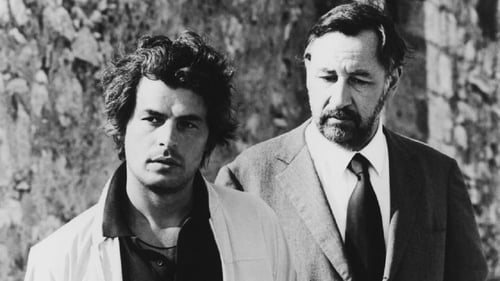
Screenplay
In a farmhouse in southern Italy, an old woman dies. Her husband summons their sons: from Rome, Raffaele, a judge facing a political case for which he risks assassination; from Naples, the religious and ideological Rocco, a counselor at a correctional institute for boys; from Turin, Nicola, a factory worker involved in labor disputes. Once home, each encounters the past and engages in reveries of what may come.

Story
In a farmhouse in southern Italy, an old woman dies. Her husband summons their sons: from Rome, Raffaele, a judge facing a political case for which he risks assassination; from Naples, the religious and ideological Rocco, a counselor at a correctional institute for boys; from Turin, Nicola, a factory worker involved in labor disputes. Once home, each encounters the past and engages in reveries of what may come.

Director
In a farmhouse in southern Italy, an old woman dies. Her husband summons their sons: from Rome, Raffaele, a judge facing a political case for which he risks assassination; from Naples, the religious and ideological Rocco, a counselor at a correctional institute for boys; from Turin, Nicola, a factory worker involved in labor disputes. Once home, each encounters the past and engages in reveries of what may come.
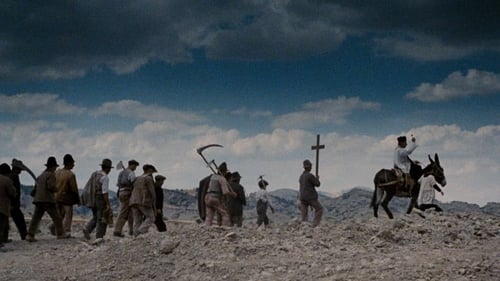
Screenplay
In the fascist Italy of 1935, a painter trained as a doctor is exiled to a remote region near Eboli. Over time, he learns to appreciate the beauty and wisdom of the peasants, and to overcome his isolation.

Director
In the fascist Italy of 1935, a painter trained as a doctor is exiled to a remote region near Eboli. Over time, he learns to appreciate the beauty and wisdom of the peasants, and to overcome his isolation.

Interviewee
This documentary addresses the challenges facing the Italian film industry in 1978 by focusing on the television productions of Francesco Rosi's CHRIST STOPPED AT EBOLI (1979) and Elio Petri's LE MANI SPORCHE (1978)
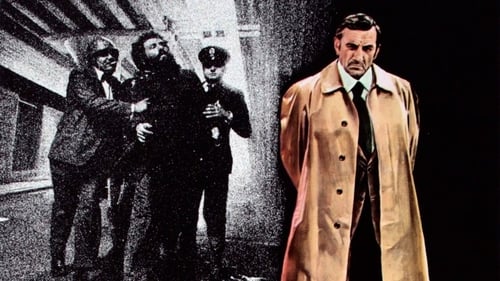
Screenplay
A detective is assigned to investigate the mysterious murders of some Supreme Court judges.

Director
A detective is assigned to investigate the mysterious murders of some Supreme Court judges.
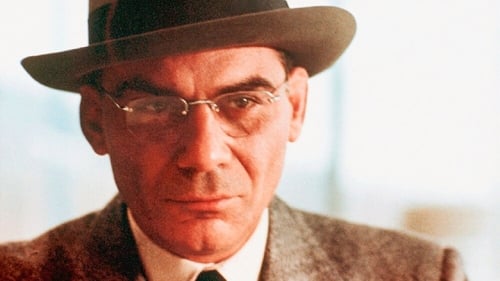
Screenplay
Lucky Luciano is one of the bosses of the Mafia. He orders the slaughter of 40 other responsibles, therefore becoming the only boss. But a few years later he is put into jail. In 1946, he got a pardon and is sent back to Sicilia. There, he begins becoming one of the chief of the Mafia. The US Army seems to refrain from interfering.

Story
Lucky Luciano is one of the bosses of the Mafia. He orders the slaughter of 40 other responsibles, therefore becoming the only boss. But a few years later he is put into jail. In 1946, he got a pardon and is sent back to Sicilia. There, he begins becoming one of the chief of the Mafia. The US Army seems to refrain from interfering.

Director
Lucky Luciano is one of the bosses of the Mafia. He orders the slaughter of 40 other responsibles, therefore becoming the only boss. But a few years later he is put into jail. In 1946, he got a pardon and is sent back to Sicilia. There, he begins becoming one of the chief of the Mafia. The US Army seems to refrain from interfering.
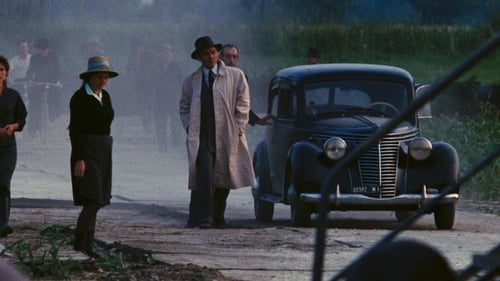
Story
Enrico Mattei helped change Italy’s future, first as freedom-fighter against the Nazis, then as an investor in methane gas through a public company, A.G.I.P., and ultimately as the head of ENI, a state body formed for the development of oil resources. On October 27, 1962, he died when his private airplane crashed during a flight to Milan. Officially, it is declared an accident, but many journalists explore other plausible reasons for Mattei's untimely death.

Screenplay
Enrico Mattei helped change Italy’s future, first as freedom-fighter against the Nazis, then as an investor in methane gas through a public company, A.G.I.P., and ultimately as the head of ENI, a state body formed for the development of oil resources. On October 27, 1962, he died when his private airplane crashed during a flight to Milan. Officially, it is declared an accident, but many journalists explore other plausible reasons for Mattei's untimely death.

Self (uncredited)
Enrico Mattei helped change Italy’s future, first as freedom-fighter against the Nazis, then as an investor in methane gas through a public company, A.G.I.P., and ultimately as the head of ENI, a state body formed for the development of oil resources. On October 27, 1962, he died when his private airplane crashed during a flight to Milan. Officially, it is declared an accident, but many journalists explore other plausible reasons for Mattei's untimely death.

Director
Enrico Mattei helped change Italy’s future, first as freedom-fighter against the Nazis, then as an investor in methane gas through a public company, A.G.I.P., and ultimately as the head of ENI, a state body formed for the development of oil resources. On October 27, 1962, he died when his private airplane crashed during a flight to Milan. Officially, it is declared an accident, but many journalists explore other plausible reasons for Mattei's untimely death.
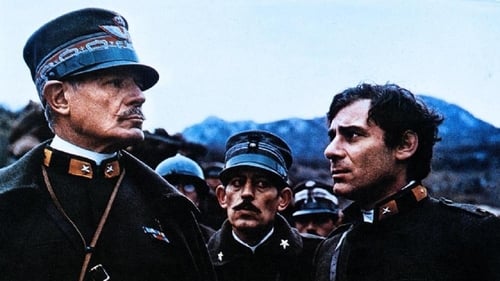
Writer
Time after time, soldiers of the Italian Army are forced to leave their mountain trenches in attempts to storm an enemy fortress, always with the same disastrous results. As casualties mount, indignation spreads among the rank and file. Disturbed by his superiors' decisions, Lieutenant Sassu is led to question the purpose of war and reconsider where his real duties lie.

Producer
Time after time, soldiers of the Italian Army are forced to leave their mountain trenches in attempts to storm an enemy fortress, always with the same disastrous results. As casualties mount, indignation spreads among the rank and file. Disturbed by his superiors' decisions, Lieutenant Sassu is led to question the purpose of war and reconsider where his real duties lie.

Director
Time after time, soldiers of the Italian Army are forced to leave their mountain trenches in attempts to storm an enemy fortress, always with the same disastrous results. As casualties mount, indignation spreads among the rank and file. Disturbed by his superiors' decisions, Lieutenant Sassu is led to question the purpose of war and reconsider where his real duties lie.
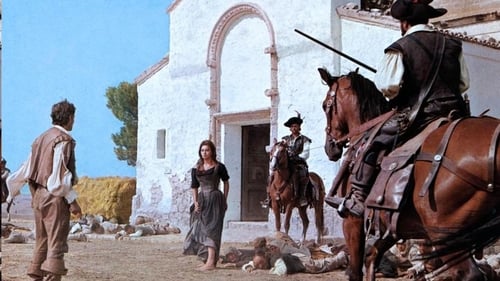
Story
A fairy tale of the misadventures of a beautiful but temperamental Neapolitan peasant, Isabella, when she meets the ill- tempered Spanish Prince Rodrigo Ferrante y Davalos. The King of Spain has ordered Rodrigo to choose a wife among seven Italian Princesses, but he is smitten by the lowly peasant.

Screenplay
A fairy tale of the misadventures of a beautiful but temperamental Neapolitan peasant, Isabella, when she meets the ill- tempered Spanish Prince Rodrigo Ferrante y Davalos. The King of Spain has ordered Rodrigo to choose a wife among seven Italian Princesses, but he is smitten by the lowly peasant.

Director
A fairy tale of the misadventures of a beautiful but temperamental Neapolitan peasant, Isabella, when she meets the ill- tempered Spanish Prince Rodrigo Ferrante y Davalos. The King of Spain has ordered Rodrigo to choose a wife among seven Italian Princesses, but he is smitten by the lowly peasant.

Self
In this documentary, giants of italian cinema such as Rossellini, De Sica, Fellini and Zavattini talk about the importance of cinema after WW2, and about huge moments of social rebellion. This movie gives the floor to the creators of italian neorealism.

Story
Miguel, a poor young man living in Franco's Spain becomes a bull fighter to escape starvation.

Producer
Miguel, a poor young man living in Franco's Spain becomes a bull fighter to escape starvation.

Screenplay
Miguel, a poor young man living in Franco's Spain becomes a bull fighter to escape starvation.

Director
Miguel, a poor young man living in Franco's Spain becomes a bull fighter to escape starvation.
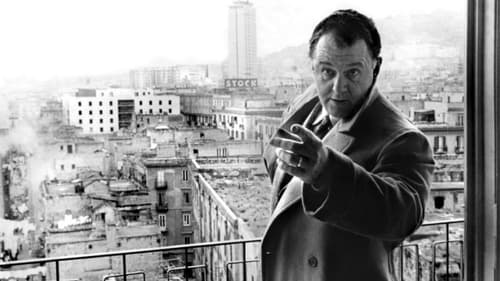
Screenplay
Prior to a city council election, the collapse of a building leaves a land developer and his political backers defending themselves against a scandal.

Story
Prior to a city council election, the collapse of a building leaves a land developer and his political backers defending themselves against a scandal.

Director
Prior to a city council election, the collapse of a building leaves a land developer and his political backers defending themselves against a scandal.
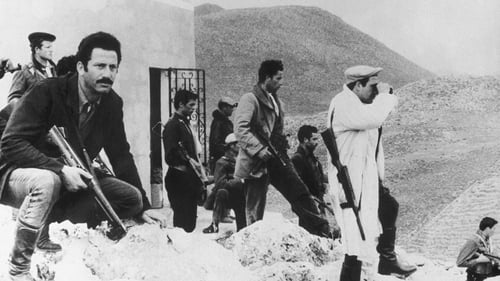
Narrator (voice) (uncredited)
Sicilian bandit Salvatore Giuliano's bullet-riddled corpse is found facedown in a courtyard in Castelvetrano, a handgun and rifle by his side. Local and international press descend upon the scene, hoping to crack open the true story behind the death of this young man, who, at the age of twenty-seven, had already become Italy’s most wanted criminal and celebrated hero.

Story
Sicilian bandit Salvatore Giuliano's bullet-riddled corpse is found facedown in a courtyard in Castelvetrano, a handgun and rifle by his side. Local and international press descend upon the scene, hoping to crack open the true story behind the death of this young man, who, at the age of twenty-seven, had already become Italy’s most wanted criminal and celebrated hero.

Screenplay
Sicilian bandit Salvatore Giuliano's bullet-riddled corpse is found facedown in a courtyard in Castelvetrano, a handgun and rifle by his side. Local and international press descend upon the scene, hoping to crack open the true story behind the death of this young man, who, at the age of twenty-seven, had already become Italy’s most wanted criminal and celebrated hero.

Director
Sicilian bandit Salvatore Giuliano's bullet-riddled corpse is found facedown in a courtyard in Castelvetrano, a handgun and rifle by his side. Local and international press descend upon the scene, hoping to crack open the true story behind the death of this young man, who, at the age of twenty-seven, had already become Italy’s most wanted criminal and celebrated hero.
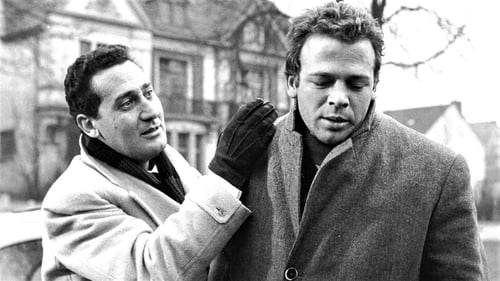
Story
Mario is in Hannover to work as a miner but after losing his job he decides to go back to Italy. When Totonno steals his passport to avoid the police and later on he offers him a new job as "magliaro" (cloth seller), Mario changes his mind and decides to follow Totonno to Hamburg. In Hamburg, Totonno and his friends have to sell Mayer's cloth, but they meet with the hostility of a Polish gang and Mario falls in love with Paula Mayer.

Screenplay
Mario is in Hannover to work as a miner but after losing his job he decides to go back to Italy. When Totonno steals his passport to avoid the police and later on he offers him a new job as "magliaro" (cloth seller), Mario changes his mind and decides to follow Totonno to Hamburg. In Hamburg, Totonno and his friends have to sell Mayer's cloth, but they meet with the hostility of a Polish gang and Mario falls in love with Paula Mayer.

Director
Mario is in Hannover to work as a miner but after losing his job he decides to go back to Italy. When Totonno steals his passport to avoid the police and later on he offers him a new job as "magliaro" (cloth seller), Mario changes his mind and decides to follow Totonno to Hamburg. In Hamburg, Totonno and his friends have to sell Mayer's cloth, but they meet with the hostility of a Polish gang and Mario falls in love with Paula Mayer.
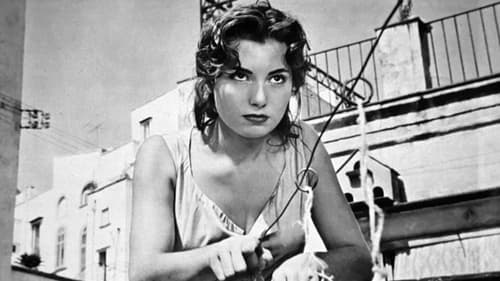
Story
Vito Polara is ambitious and wants to get as more power and money as possible. He decides to leave the cigarette smuggling and try to get the total control of the regional fruit and vegetable distribution considered more profitable. He looks for the help of a rural crime Boss.

Screenplay
Vito Polara is ambitious and wants to get as more power and money as possible. He decides to leave the cigarette smuggling and try to get the total control of the regional fruit and vegetable distribution considered more profitable. He looks for the help of a rural crime Boss.

Director
Vito Polara is ambitious and wants to get as more power and money as possible. He decides to leave the cigarette smuggling and try to get the total control of the regional fruit and vegetable distribution considered more profitable. He looks for the help of a rural crime Boss.
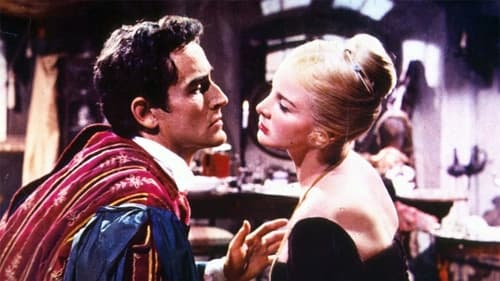
Co-Director
England, first half of the 19th century. Edmund Kean is a celebrated theatre actor, notorious for his tumultuous private life. He is in love with the beautiful countess Koefeld, wife of the Danish ambassador, to the consternation of his friend, the Prince of Wales. He is also hounded by Anna Damby, who wants to become an actress to escape a marriage to Lord Mewill.

Screenplay
England, first half of the 19th century. Edmund Kean is a celebrated theatre actor, notorious for his tumultuous private life. He is in love with the beautiful countess Koefeld, wife of the Danish ambassador, to the consternation of his friend, the Prince of Wales. He is also hounded by Anna Damby, who wants to become an actress to escape a marriage to Lord Mewill.

First Assistant Director
A traveling salesman is sent to prison after being accused of bigamy, while his wife and son are forced to consider leaving him permanently.

Screenplay
A traveling salesman is sent to prison after being accused of bigamy, while his wife and son are forced to consider leaving him permanently.
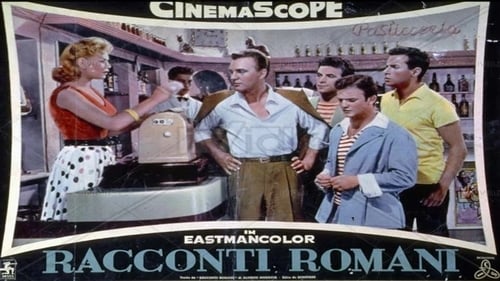
Dialogue
Alvaro is been in jail and so he consider himself the most fit to lead his three friends Mario, Otello and Spartaco. The four young men decide to start a business. They need only a van to start a transport company. But they lack the money. How can they get it?

Screenplay
Alvaro is been in jail and so he consider himself the most fit to lead his three friends Mario, Otello and Spartaco. The four young men decide to start a business. They need only a van to start a transport company. But they lack the money. How can they get it?

First Assistant Director
Don Paolo, a young parson troubled by his love for Agnese, tries to make peace in a little village in Sardinia where two families are at war.
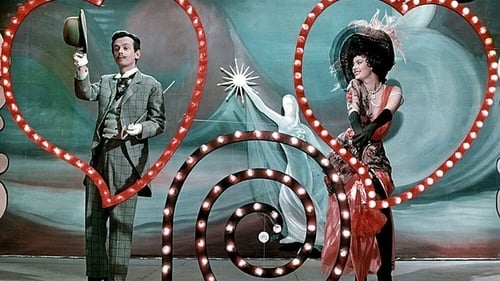
First Assistant Director
Music, ballet, folk dances and mime eliciting the spirit of Naples across the ages are loosely tied together by the comedic wanderings and exploits of the Esposito family.
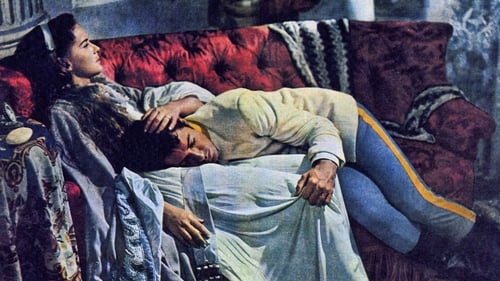
First Assistant Director
A troubled and neurotic Italian Countess betrays her entire country for a self-destructive love affair with an Austrian Lieutenant.

First Assistant Director
It's the last year of highschool of a group of teenagers, and now they have to face their final exam, and the loves, happy or not, that sprung during those years of school.
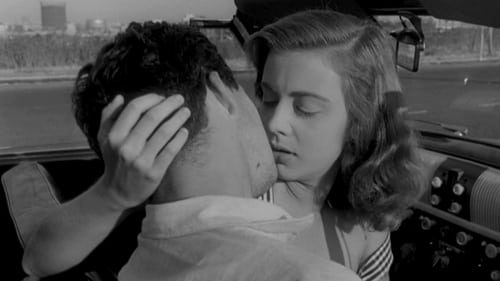
First Assistant Director
A trilogy of stories of well-off youths who commit murders. In the French episode, a group of high school students kill one of their colleagues for his money. In the Italian episode, a university student's involved in smuggling cigarettes. In the English episode, a lazy poet finds the body of a woman on the downs, and tries to sell his story to the press.
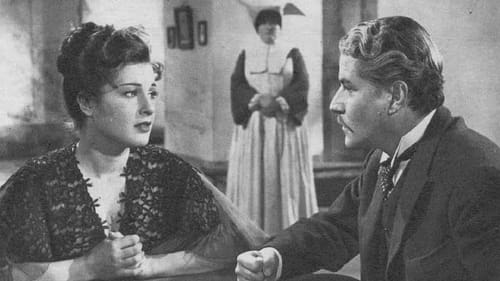
Story
Turn-of-the-century Naples. Salvatore Ruotolo and his wife are murdered and their bodies are found in different locations. Since the evidence points to a crime by the Neapolitan crime organization, the Camorra, fear and corruption cause serious hindrances to the investigation by police authorities. In charge is a young and courageous judge who, using evidence discovered by chance, tries to reconstruct the story of the double murder. The plot that the judge must unravel is very complicated.

Co-Director
The story of Giuseppe Garibaldi's 1849 campaign to free Italy from Austrian domination.
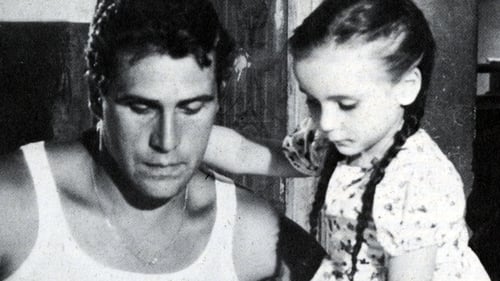
First Assistant Director
Bellissima is a satire of the film industry, and centers on a mother and daughter after the latter attends an audition.

Screenplay
Bellissima is a satire of the film industry, and centers on a mother and daughter after the latter attends an audition.
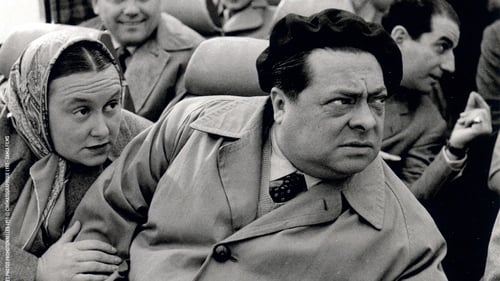
First Assistant Director
A group of Italian soccer fans arrive in Paris for a match, but most of them go their separate ways to explore the sights, have a bit of an adventure, and maybe even find some romance.

Dialogue
A group of Italian soccer fans arrive in Paris for a match, but most of them go their separate ways to explore the sights, have a bit of an adventure, and maybe even find some romance.

Screenplay
A group of Italian soccer fans arrive in Paris for a match, but most of them go their separate ways to explore the sights, have a bit of an adventure, and maybe even find some romance.
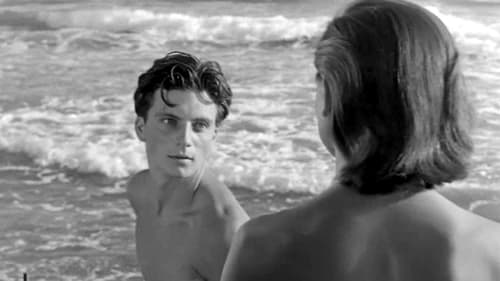
First Assistant Director
The plot weaves several episodes with several groups of people, Roman families, youth gangs and young love couples, who spend a Sunday at the beach of Ostia.

First Assistant Director
Anna flees her home, where she has been victimized for years by her spineless father’s mean-spirited second wife, to be with her lover, an honest businessman yet to make his fortune. When he is accused of a murder he didn’t commit, the couple’s domestic tranquillity is upended, and a desperate Anna must rely on her cruel stepmother to help support their child.
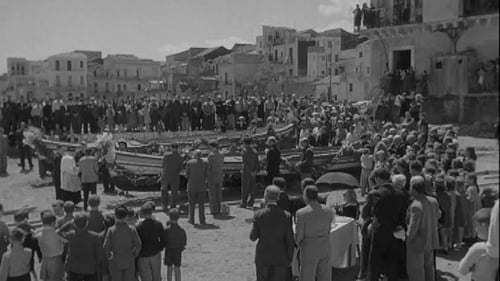
First Assistant Director
In rural Sicily, the fishermen live at the mercy of the greedy wholesalers. One family risks everything to buy their own boat and operate independently.

Domestico dell'Americano
The film is set in Naples. Two doubles, an American and a Neapolitan, alternate visiting Zaza, the maid of a magazine company, deceived by their resemblance.

